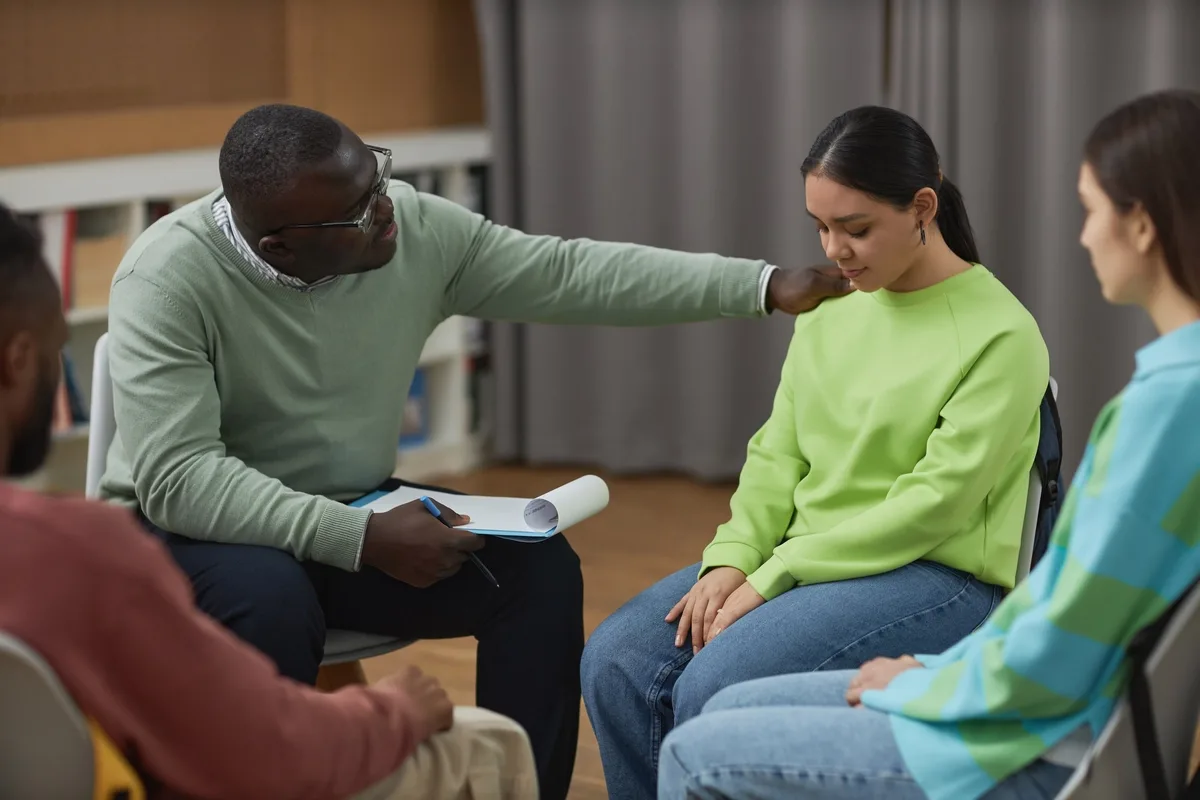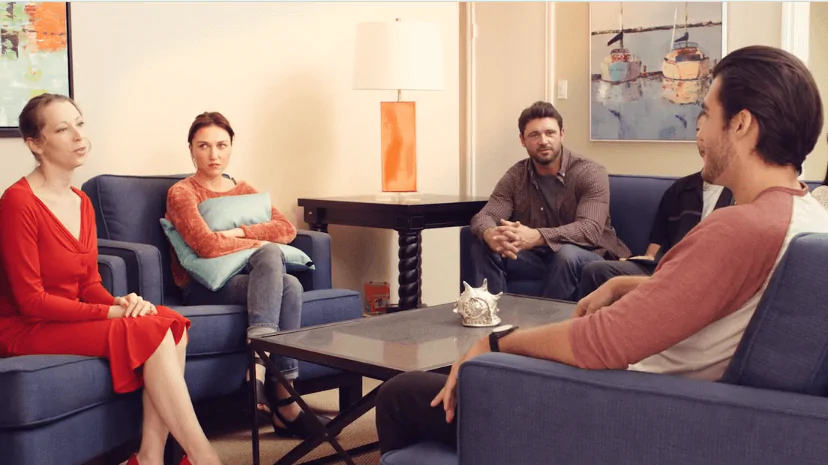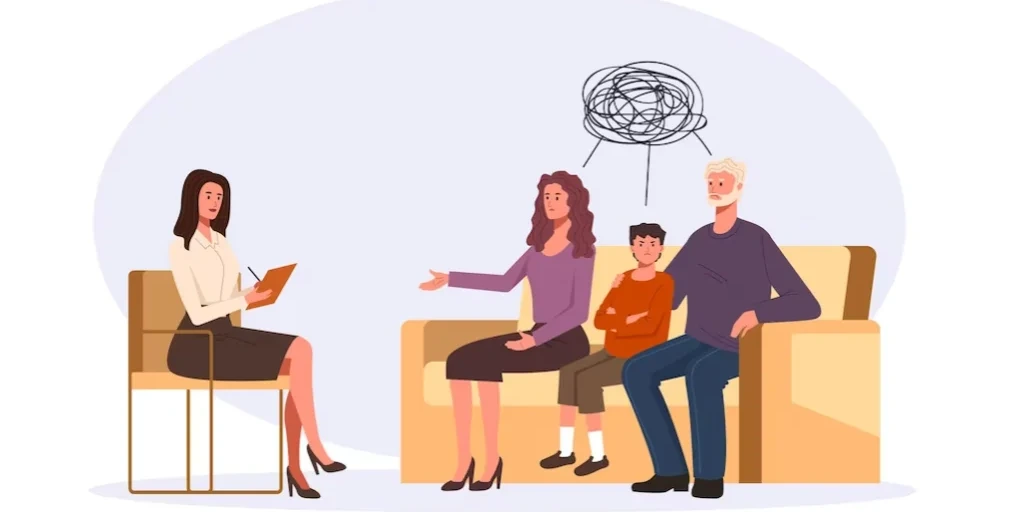24/7 Helpline:
(866) 899-221924/7 Helpline:
(866) 899-2219
Learn more about Codeine Detox centers in Freeport
Codeine Detox in Other Cities

Other Insurance Options

Health Partners

Premera

Medical Mutual of Ohio

United Health Care

Amerigroup

Choice Care Network

Coventry Health Care

GEHA

Health Choice

BHS | Behavioral Health Systems

CareFirst

Optum

Anthem

Carleon

UMR

MHNNet Behavioral Health

Magellan Health

Evernorth

BlueShield

State Farm

























